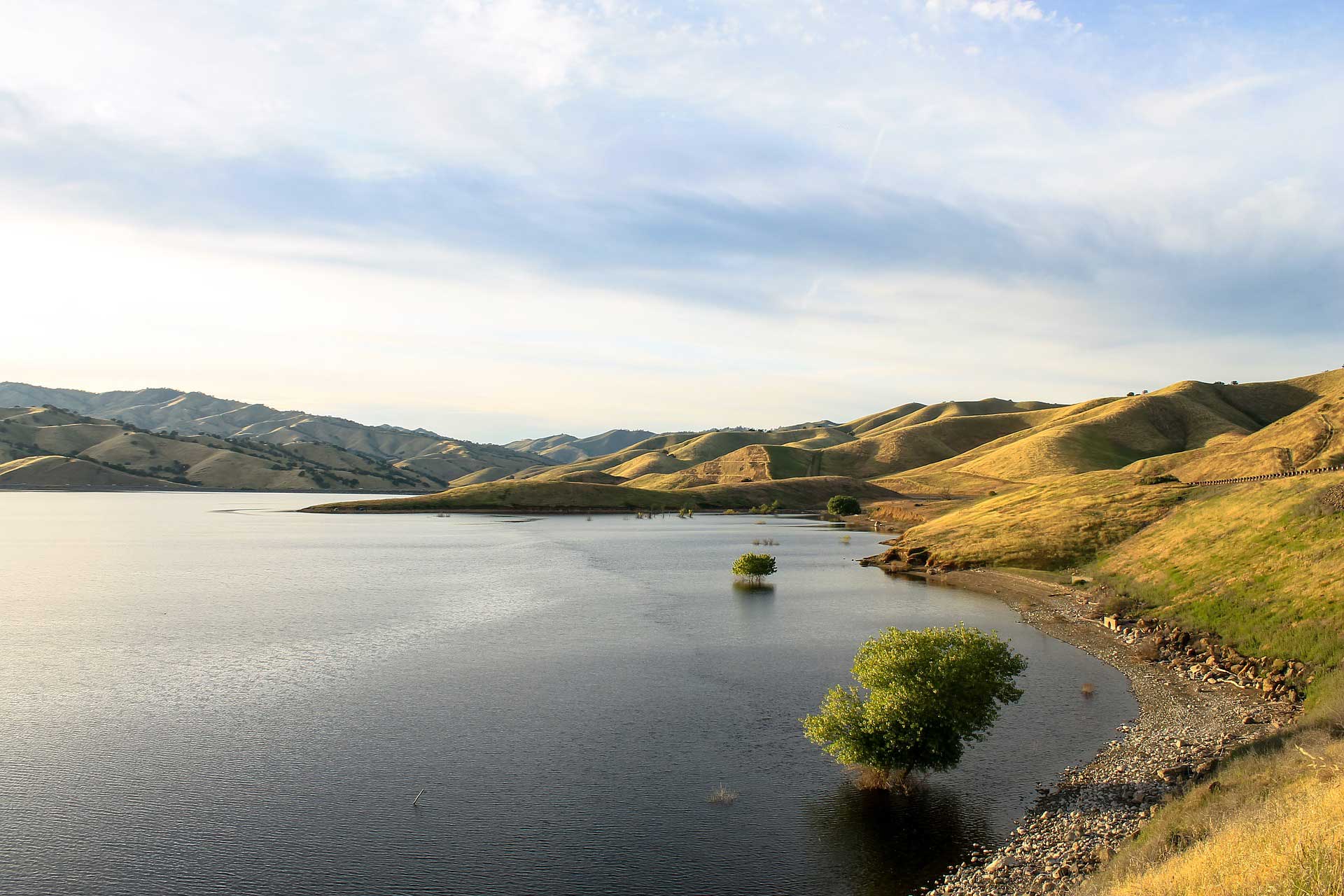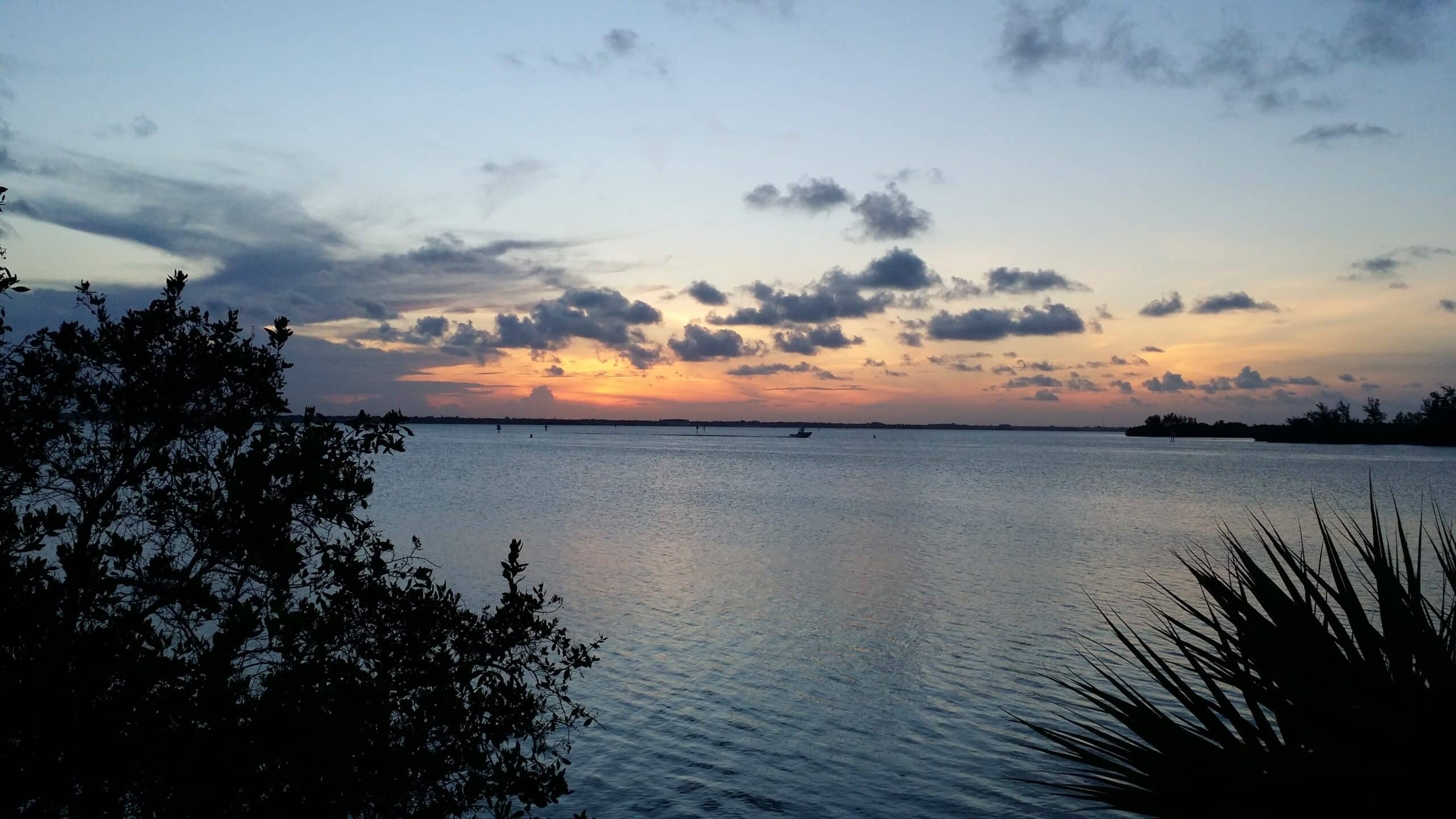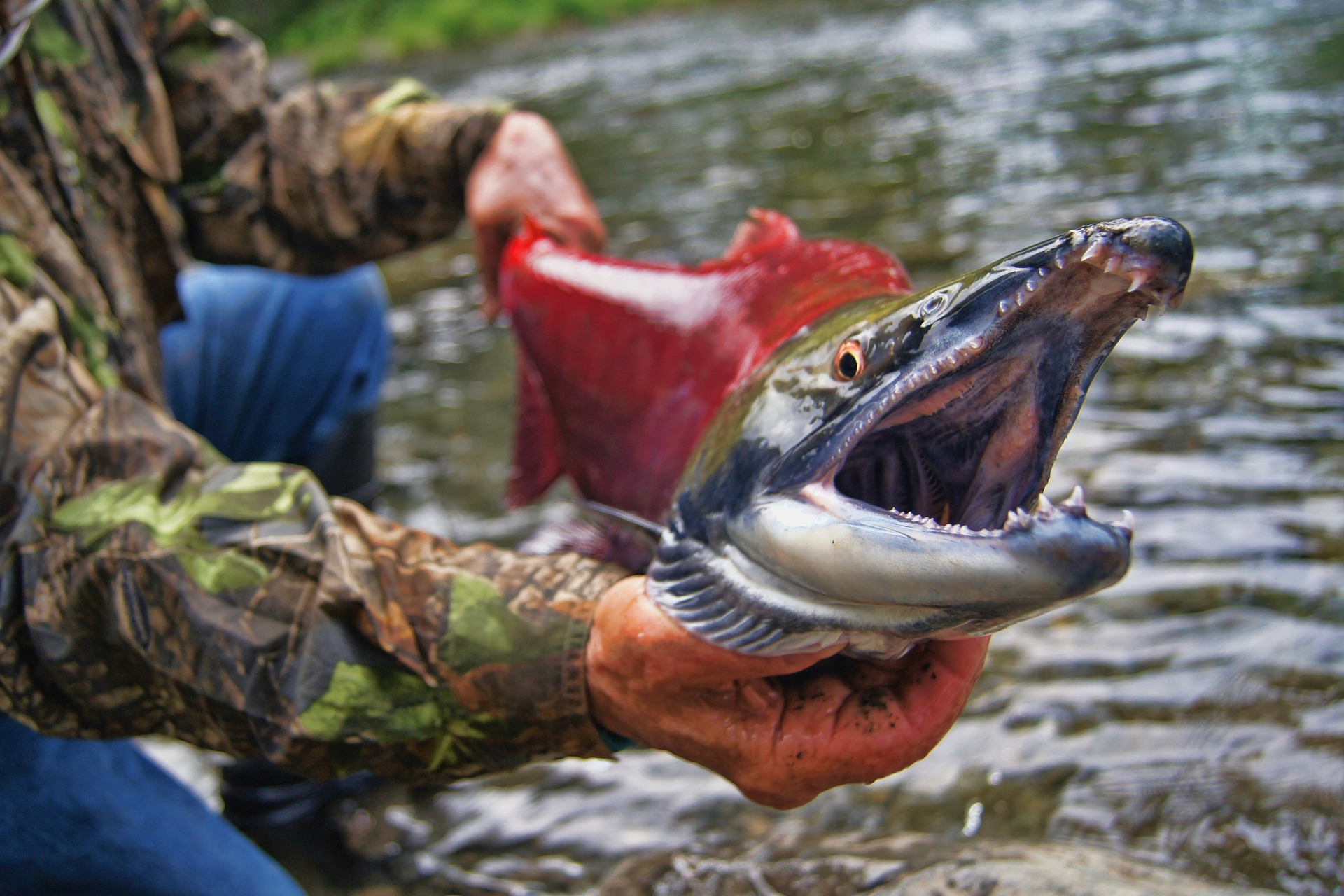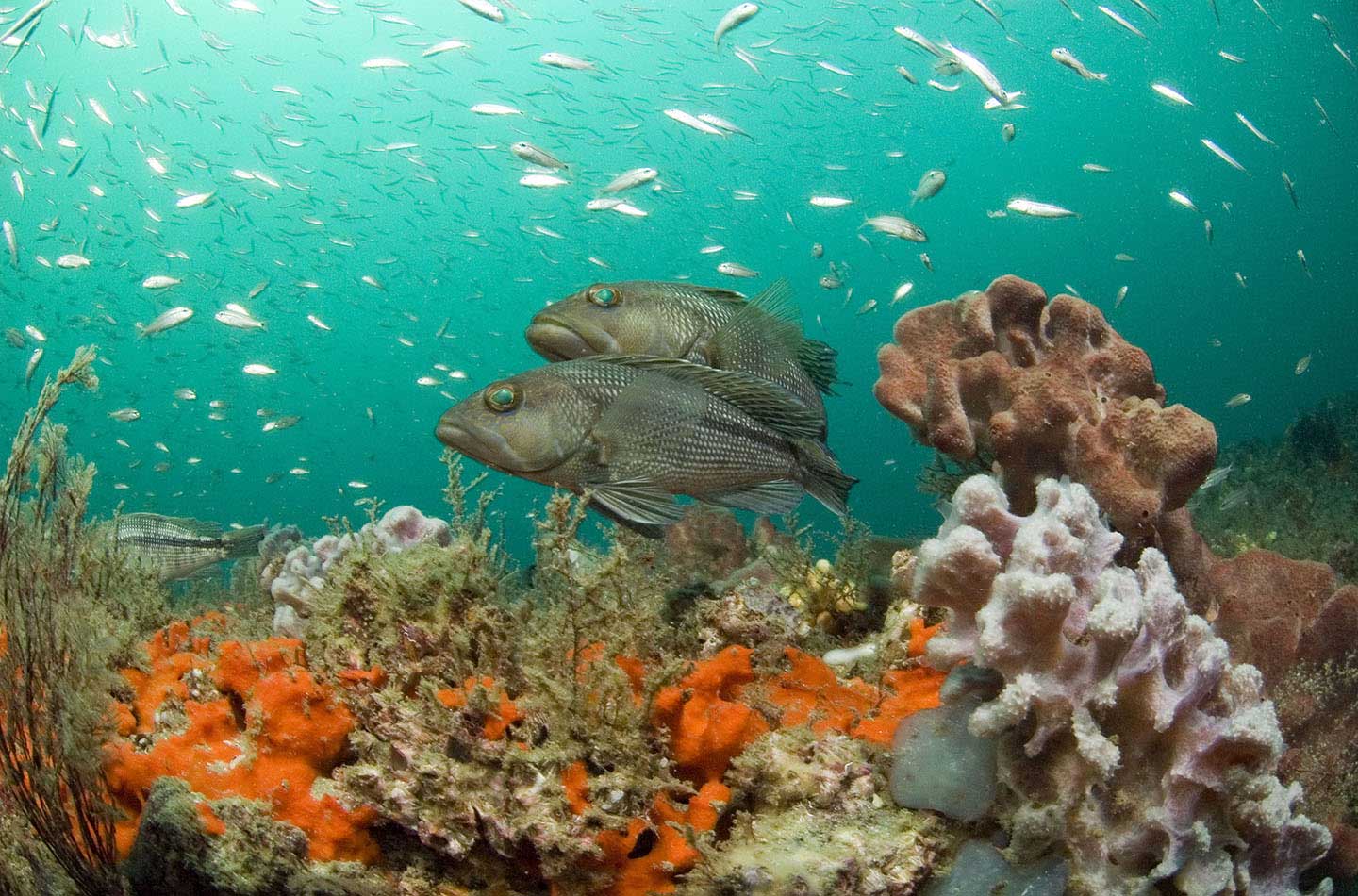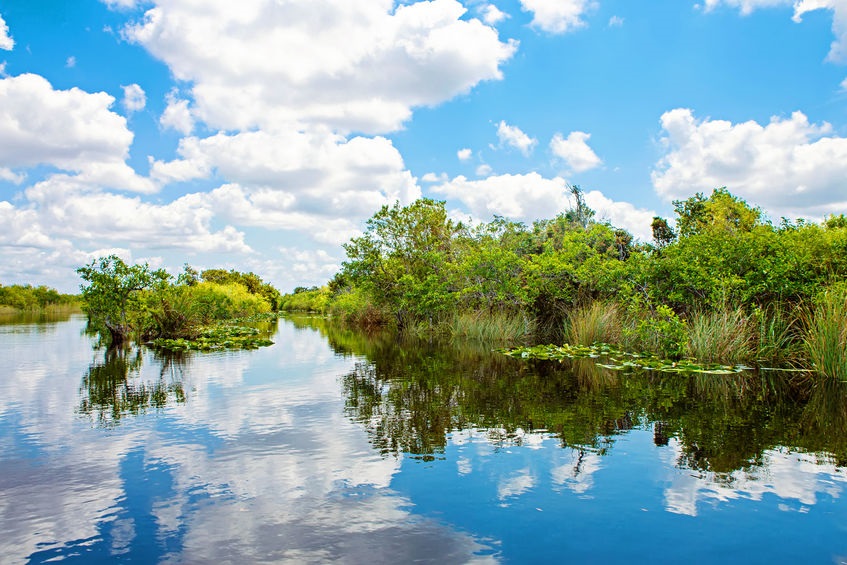Overview of the Issue
Menhaden, also known as bunkers or pogies, are a key food source for sportfish species like striped bass, bluefish, weakfish, king mackerel and cobia. As such, menhaden are a vital species in the marine food web and the health of their population is critical to maintaining healthy populations of many other fish species in both the Atlantic and the Gulf. Nearly every predatory fish, marine mammal and bird eats them at some point in their life cycle.
As a key part of the marine ecosystem, increasing the abundance of menhaden will help ensure popular sportfish and many other species have enough food to keep them abundant and healthy. Unfortunately, due to their popularity for fish food and dietary supplements, menhaden are harvested by commercial reduction fishing operators, leading to their overfishing.
In the Gulf of Mexico, Gulf Menhaden are harvested primarily by two commercial operators, Daybrook fisheries and Omega Protein.
Although efforts exist in the Gulf to establish ecosystem-based management that accounts for the predator needs of pogies, the Gulf States Marine Fisheries Commission (GSMFC), which coordinates management for menhaden throughout the Gulf, lacks the regulatory authority to force states to implement management. Due to the lack of regulatory authority, the management of menhaden in the Gulf is essentially voluntary by each state.
What ASA is Doing
Of the Gulf states, ASA is mostly engaged in Louisiana on menhaden management efforts. Louisiana compromises about 70 percent of menhaden harvest within the Gulf of Mexico, with two commercial operators handling most of the harvest.
ASA is working with a coalition to explore Gulf menhaden management options at the state level, including a harvest cap, ecosystem-based management and a coastal buffer zone. We expect our coalition work to be a multi-year process, potentially requiring state legislation to implement the changes.
Following an incident where a commercial harvester abandoned a menhaden net with more than 500,000 pounds of fish, the Louisiana Department of Wildlife and Fisheries implemented rules to prohibit abandonment of menhaden purse seine gear, set gear marking specifications and require reporting of gear or menhaden releases. In October of 2023, the Louisiana Wildlife and Fisheries Commission proposed a statewide 1-mile coastal buffer zone for the commercial industrial menhaden fleet to address additional net spill incidents. ASA is working with partners on support for these changes to menhaden harvesting.



